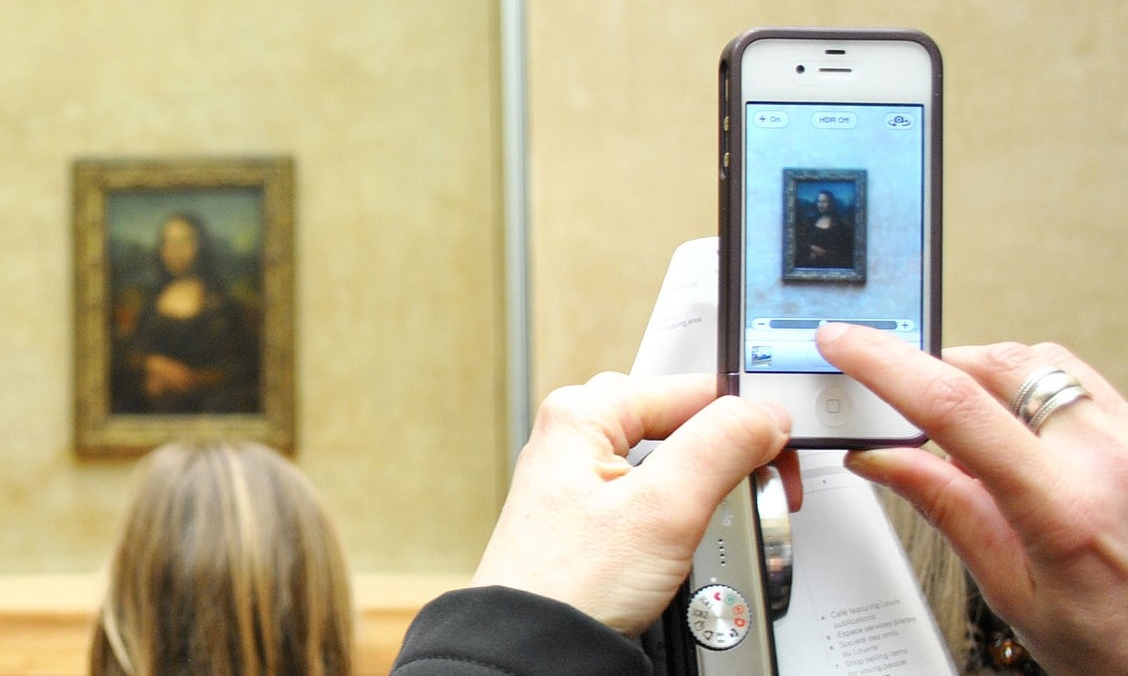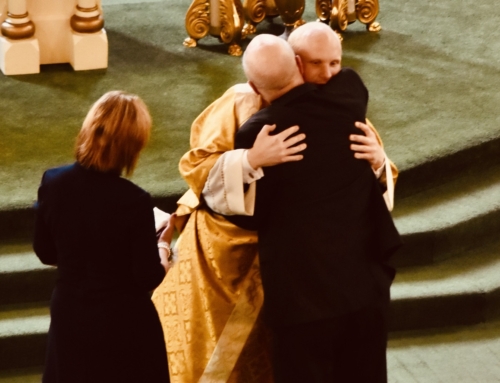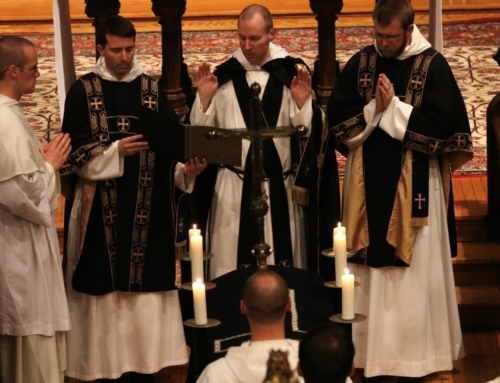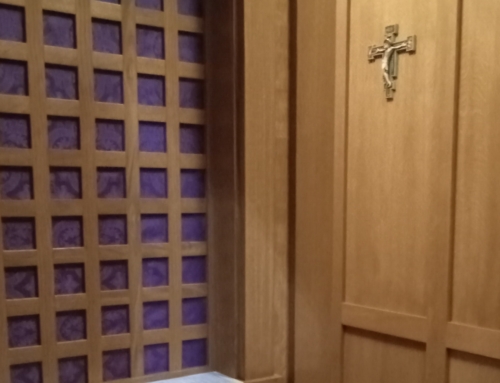People don’t know how to look anymore.
Not in the sense that people are forgetting how to dress themselves (though this is also the case), but rather we are losing touch with an even more fundamental way of looking.
At the Metropolitan Museum of Art the other day, a young boy walked past me holding an iPad in front of his face. He was simply recording everything he walked past; for as long as I watched him, he didn’t set the iPad aside to actually look at whatever artifact he was passing. Everything was channeled through the screen. Some minutes later I was in another section of the museum, filled with small pieces of medieval art. A woman walked quickly through the room with a small camera, hastily photographed everything she saw, and then walked out. She was in the room for less than a minute.
People don’t seem to want to (or perhaps, don’t know how to) stop in front of something and contemplate its beauty, to be with that thing. There is one subject, however, that we all spend a good deal of time beholding and thinking about: ourselves. The problem is that this is a dangerous practice. We commonly associate this kind of excessive self-regard with pride, but on the other end of the spectrum, untempered focus on oneself can also lead to despair–the kind that sets in after we are confronted with the reality of ourselves as sinners trapped in certain patterns or cycles of sinful tendencies. This is the trouble with the mountain of self-help books that exists: the problem is something we can’t help ourselves out of, no matter how long we gaze at it. In the Christian life we come to understand that we can’t, on our power alone, figure out how to live a happy and holy life. We need grace.
Grace helps us gain a more proper vision and knowledge of things, including ourselves. As the Preacher to the Papal Household, Fr. Raniero Cantalamessa, O.F.M. Cap., writes, “Knowledge of God without knowledge of self leads to presumptuousness; knowledge of self without knowledge of God leads to despair.” Grace supplies us with both. Fr. Cantalamessa’s observation contains echoes of Psalm 34:
I sought the Lord, and he answered me,
delivered me from all my fears.
Look to him and be radiant,
and your faces may not blush for shame.
This poor one cried out and the Lord heard,
and from all his distress he saved him.
It is by looking at God first that we can understand who we are and how we can be happy. Perhaps the line “and your faces may not blush for shame” is a surprising one, since we often drift into the bad habit of “hiding” things from God. But he already knows, and it is by looking at him that we can be freed from the shame of sin.
So, perhaps for the rest of this week, try to develop the daily habit of setting aside time to sit with God, to gaze upon him in prayer, merely soaking in his presence, realizing that, if we are in the state of grace, he is supernaturally present in our hearts. Let us look to him to be radiant.
✠
Image: ProtoplasmaKid, Mona Lisa fotografiada en el Louvre







